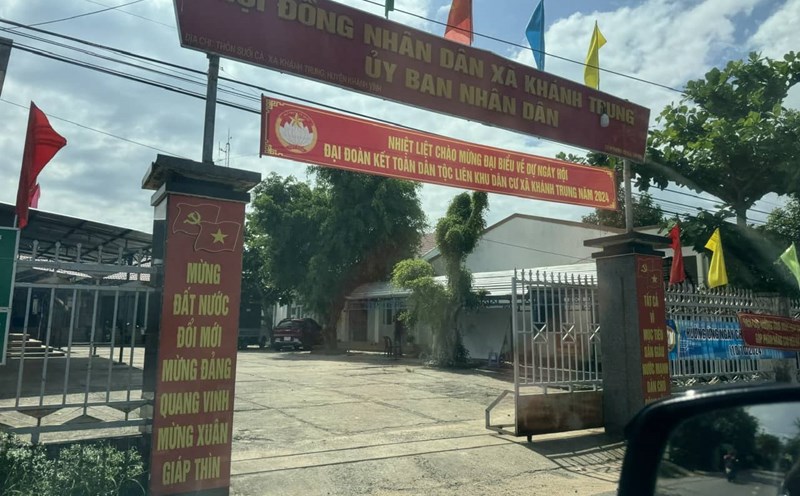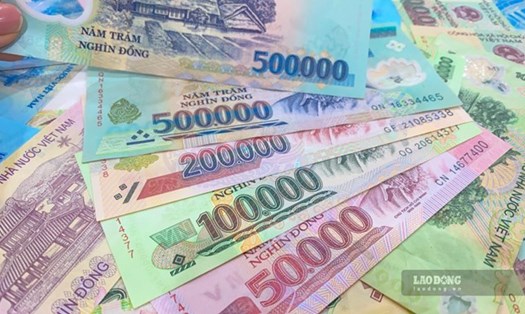However, consumers also face many risks and vulnerabilities related to legal frameworks, financial literacy and information security issues.
In recent years, recognizing the importance of financial inclusion for the sustainable development of the economy, the International Association of Deposit Insurers (IADI) has conducted a number of studies on the role of deposit insurance in promoting financial inclusion.
International experience shows that deposit insurance can promote financial inclusion through the following three aspects: (i) Improving public financial literacy; (ii) Protecting depositors, contributing to financial stability; and (iii) Expanding coverage to promote financial access.
Increasing financial access for low-income and disadvantaged groups in society is an important aspect of financial inclusion.
Deposit insurance can have a direct impact on promoting access to financial services through specific policies on membership mechanisms or coverage. Whether deposit insurance participation is voluntary or mandatory, whether coverage includes microfinance institutions or not, and whether new products and services are covered can directly affect depositor protection.
In Vietnam, on May 15, 2024, the Prime Minister issued Decree No. 52/2024/ND-CP regulating non-cash payments, which agreed to provide a clear definition of cryptocurrency: “Cryptocurrency is the value of Vietnamese Dong stored on electronic devices provided on the basis of corresponding to the amount paid in advance by customers to banks, foreign bank branches, and payment intermediary service providers providing e-wallet services. E-wallets and prepaid cards are means of storing cryptocurrency”.
Thus, electronic money in Vietnam only includes prepaid cards and e-wallets, not mobile money because this type is still in the pilot phase.
Specifically, for e-wallets, according to data from the State Bank of Vietnam (SBV), as of June 30, 2021, 43 non-bank organizations have been granted licenses by the SBV to provide intermediary payment services; of which 37 organizations have provided e-wallet services to the market, with a total number of active e-wallets of about 16.39 million (an increase of about 2.75 million compared to the end of 2020).
In particular, according to statistics from Robocash Group, in 4 years (2018-2022), the number of e-wallet users has increased impressively: from 12.3 to 41.3 million (ie a sharp increase of 330%). Currently, about 57% of Vietnam's adult population uses e-wallets, a 4-fold increase compared to the end of 2018.
However, the widespread popularity of e-wallets also poses many risks as there have been many incidents of users losing money in e-wallets or bank accounts linked to the wallet, or taking advantage of the free money transfer function to operate a gambling ring worth up to 2,000 billion VND.
With prepaid cards, there are two types of prepaid cards: identified prepaid cards (with cardholder identification information) and anonymous prepaid cards (without cardholder identification information).
As of 2022, the number of prepaid cards issued is 28,968,300 cards, an increase of more than 3.5 times compared to 2017. As for anonymous prepaid cards, as of the end of September 2019, there were 56 card issuing organizations on the market, of which 14 were anonymous prepaid card issuing organizations, with the number of cards in circulation being 1,583,599 cards, accounting for only about 1.6% of the total number of cards in circulation.
Although accounting for a low proportion and small value, anonymous prepaid cards pose many risks because customer identification information cannot be determined.
Based on the current development status of cryptocurrencies in Vietnam and the management of these types, in the coming time, Vietnam Deposit Insurance can study protection measures for these products to promote financial inclusion, specifically as follows:
Firstly, coordinate with regulatory agencies to perfect the legal framework for digital value storage products and financial technology products to best protect the interests of financial consumers.
Second, in the short term, research to expand coverage for identified prepaid cards. No protection for anonymous prepaid cards because customer information is not identifiable.
Third, in the long term, Vietnam Deposit Insurance can study expanding its membership to e-wallet service providers that are not banks or foreign bank branches, expanding the scope of insurance for e-wallet products, thereby better protecting the rights and interests of e-wallet users in particular and depositors in general.
Fourth, raise awareness among depositors and the public about digital financial products and deposit insurance policies, the importance of personal information security... so that they can make informed decisions when using financial products and services.










